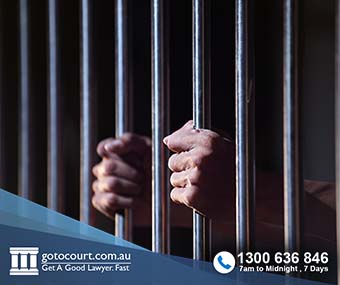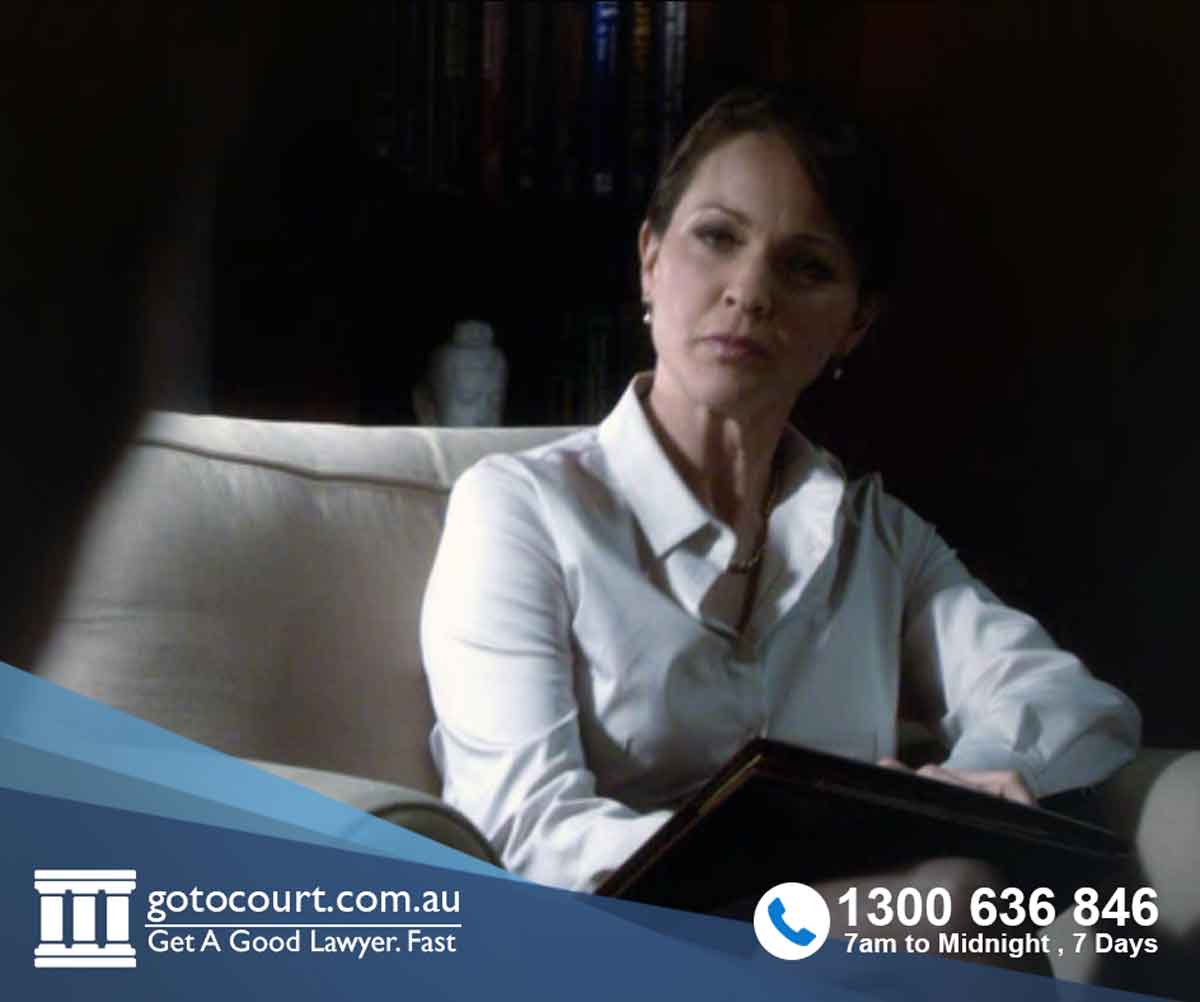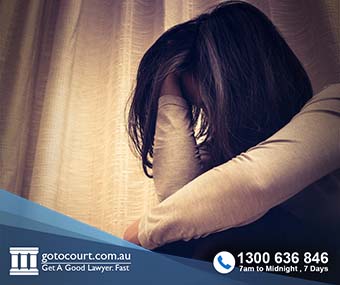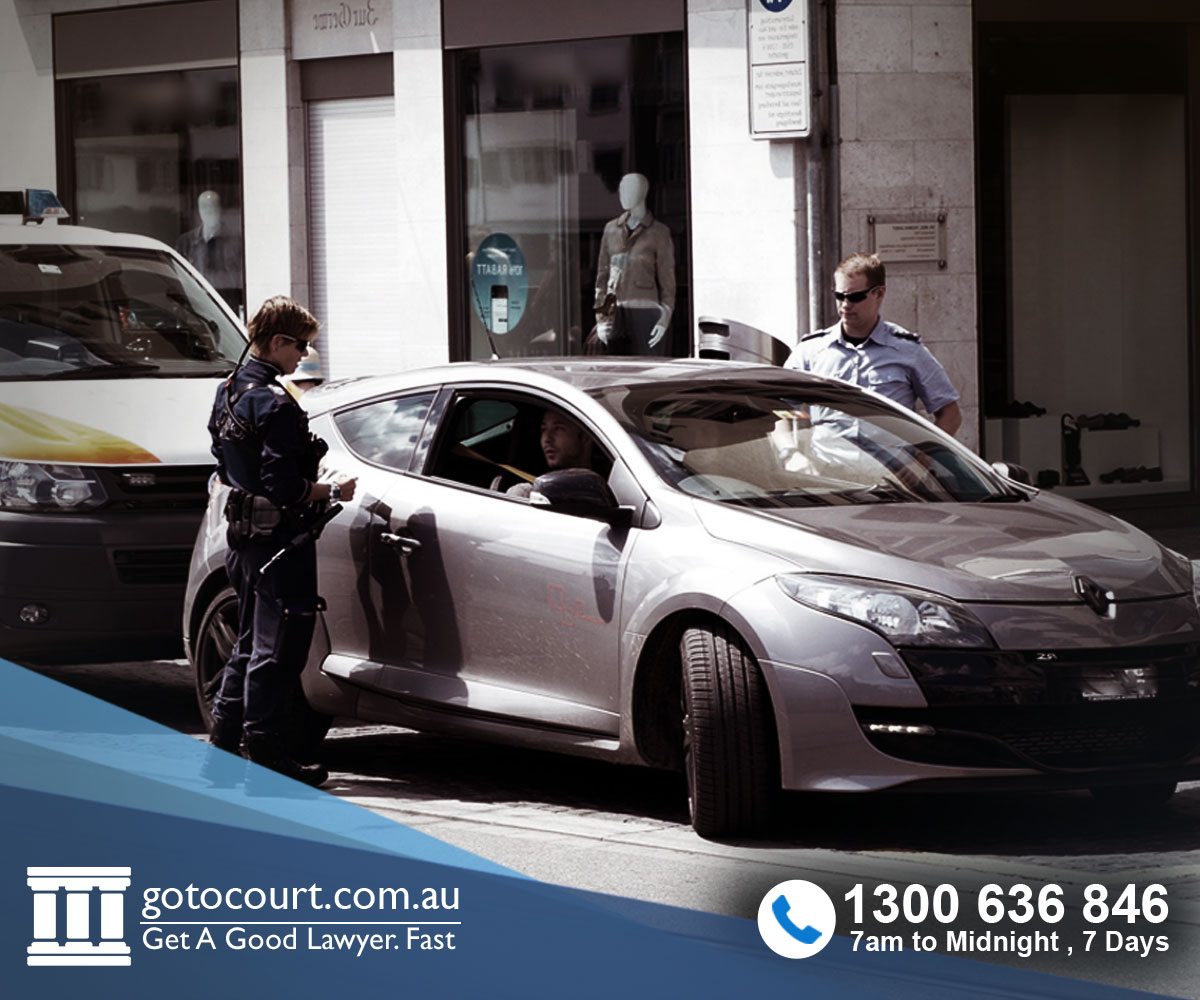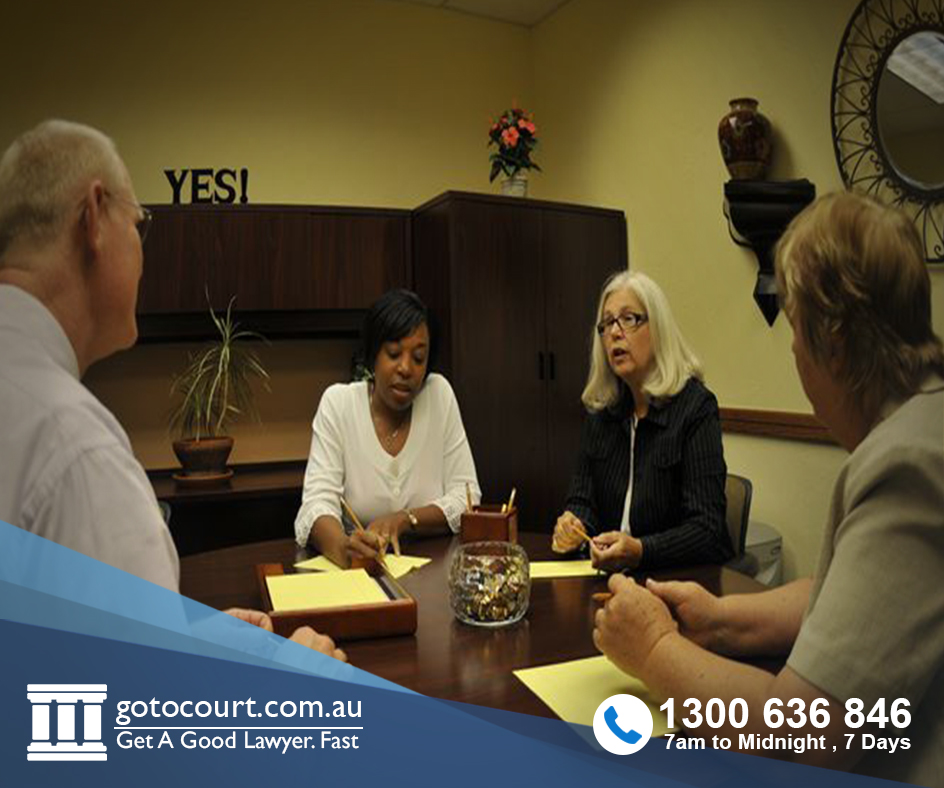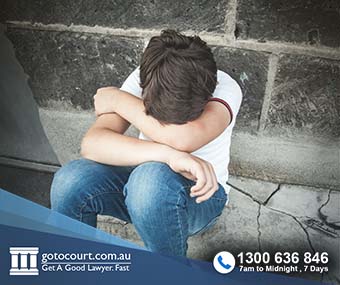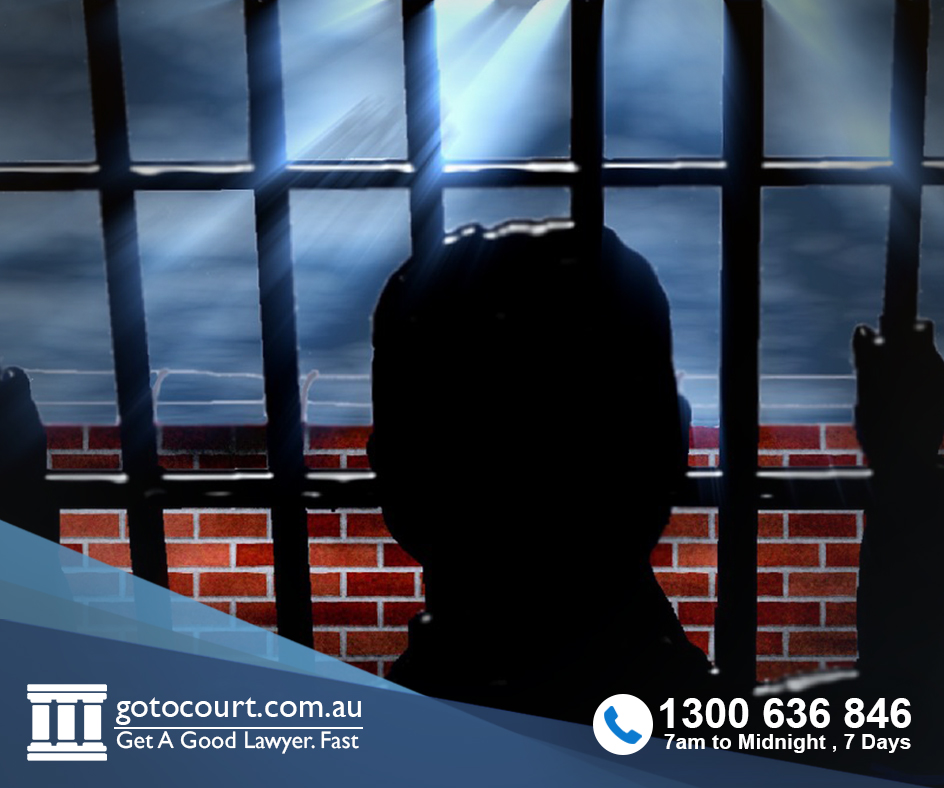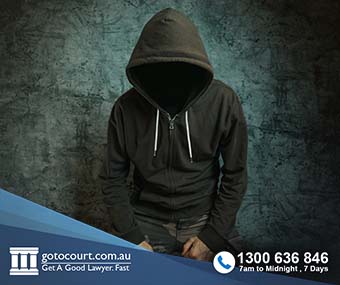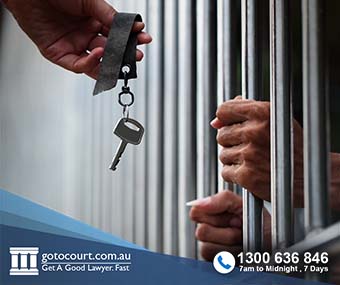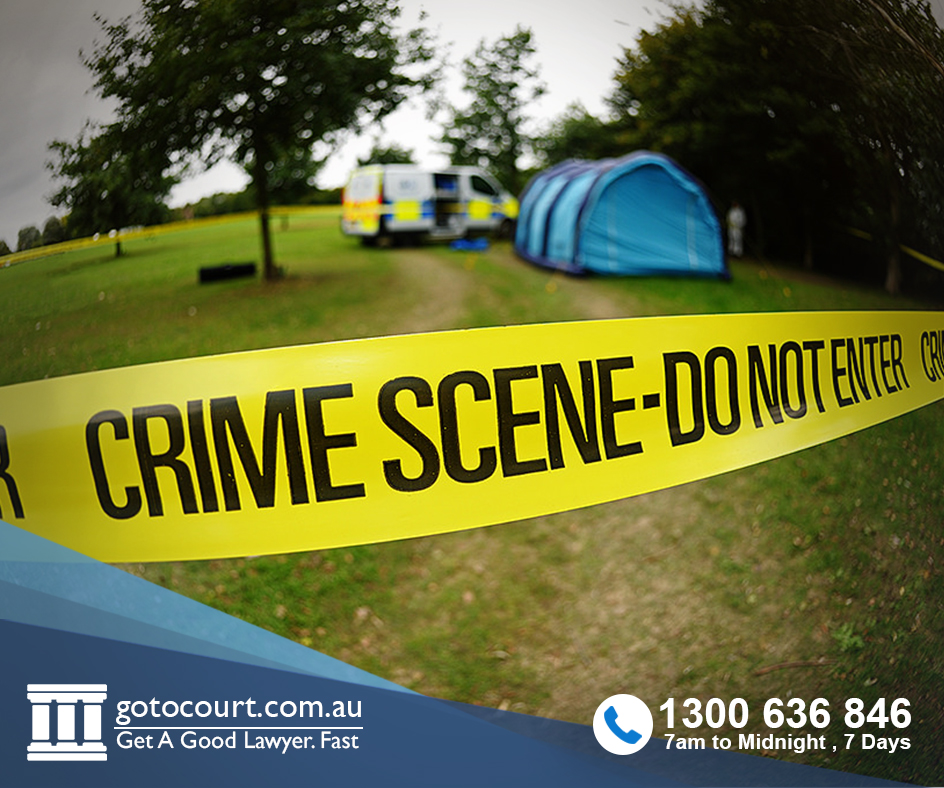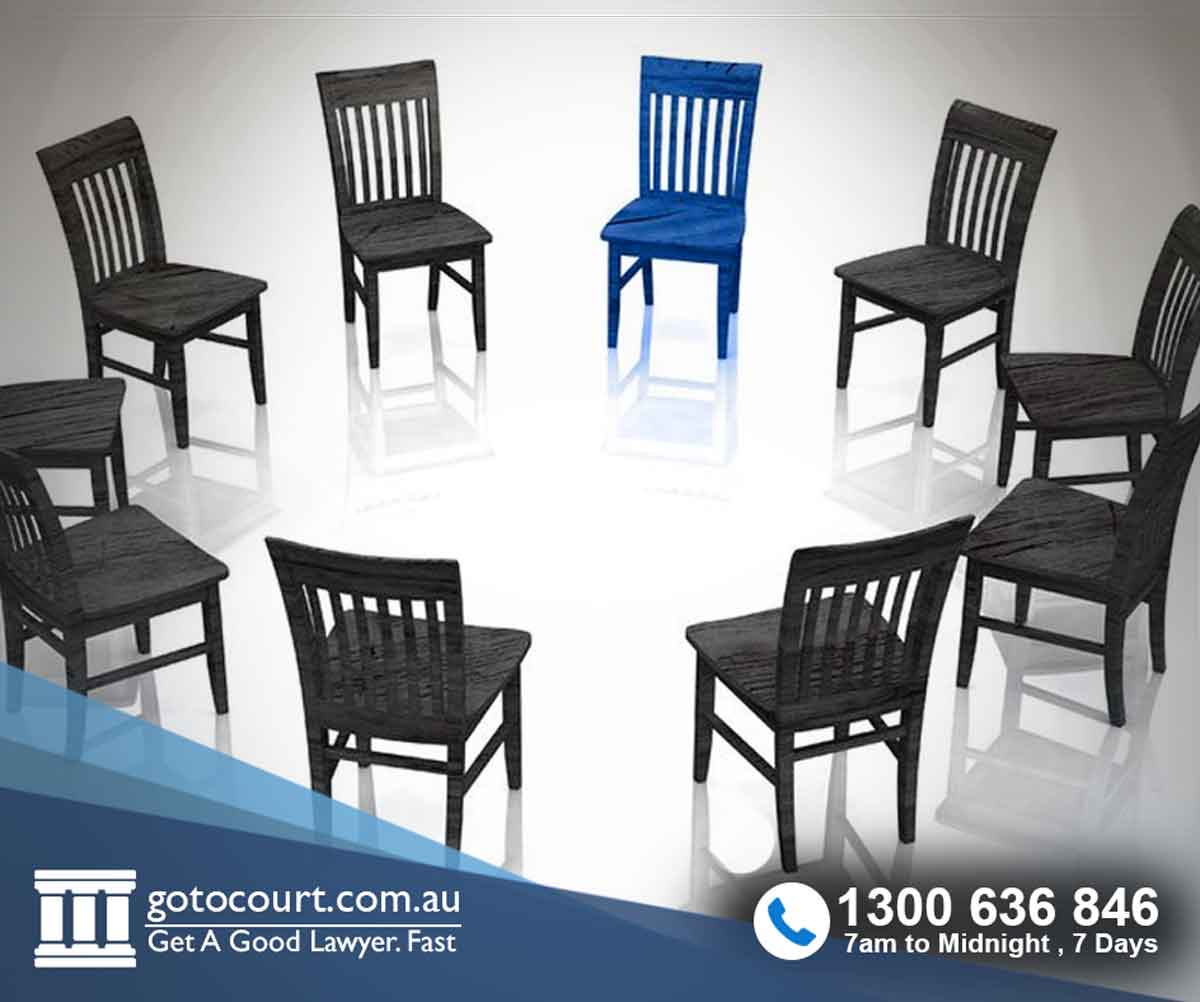Call our lawyers
now
or,
have our lawyers
call you
Home Detention Orders (NSW)
Updated on Aug 10, 2023 • 3 min read • 2991 views • Copy Link
Home Detention Orders (NSW)
Home detention orders were abolished in New South Wales in 2018. However, a home detention condition may be imposed when a person is sentenced to an intensive corrections order. An intensive corrections order is a community-based sentence where the offender lives at home under the supervision of Corrections. This page explains what home detention orders were, why they were abolished and how intensive corrections orders work.
What were home detention orders?
Home detention orders were a way for an offender who was sentenced to imprisonment to remain living in their home while they served their sentence. They were imposed when a person’s circumstances made it appropriate for them to serve some or all of their custodial sentence in their home.
Home detention meant that the offender was confined to an approved residence for the duration of their sentence. They were closely supervised and subject to electronic monitoring. They were generally not allowed to leave the house except for approved activities such as employment and education, grocery shopping and medical appointments.
Abolition of home detention orders
In 2018, the Crimes (Sentencing Procedures) Act 1999 was amended and several community-based sentencing options were abolished or altered. Suspended sentences, good behaviour bonds and home detention orders were all abolished at this time. Intensive corrections orders, community corrections orders and community release orders were introduced to replace them.
The government stated that these changes were necessary because of the high number of offenders being placed on community-based orders without supervision. This was thought to be an ineffective way of addressing offending behaviour. The new sentencing regimes were designed to allow community-based orders to be tailored to address a person’s situation and the causes of their offending.
Intensive corrections orders
Under section 7 of the Crimes (Sentencing Procedures) Act 1999, a court that has sentenced a person to imprisonment may make an intensive corrections order directing that the sentence be served in the community.
An intensive corrections order can only be made against an adult who has been sentenced to two years imprisonment or less for a single offence, or three years imprisonment or less for two or more offences.
Offences where intensive corrections order is not available
Section 67 of the Crimes (Sentencing Procedures) Act 1999 sets out the offences for which an intensive corrections order cannot be made. These include murder, manslaughter, offences involving the discharge of a firearm and prescribed sexual offences.
Conditions of an intensive corrections order
The standard conditions of an intensive corrections order are:
- Not to commit an offence
- To submit to supervision by Community Corrections
Other conditions that can be imposed as part of an intensive corrections order are:
- A home detention condition
- An electronic monitoring condition
- A curfew
- A community service work condition
- A rehabilitation and treatment condition
- A requirement to abstain from alcohol or drugs
- A condition prohibiting association with specified persons
- A condition prohibiting attending particular places
Assessment for home detention condition
If a court is considering imposing a home detention condition or a community service condition, it must have an assessment report completed by Corrections. The condition must only be made if the offender is found suitable for such a condition.
If you need advice about any legal matter please contact Go To Court Lawyers.

Affordable Lawyers
Our Go To Court Lawyers will assist you in all areas of law. We specialise in providing legal advice urgently – at the time when you need it most. If you need a lawyer right now, today, we can help you – no matter where you are in Australia.How It Works







1. You speak directly to a lawyer
When you call the Go To Court Legal Hotline, you will be connected directly to a lawyer, every time.


2. Get your legal situation assessed
We determine the best way forward in your legal matter, free of charge. If you want to go ahead and book a face-to-face appointment, we will connect you with a specialist in your local area.


3. We arrange everything as needed
If you want to go ahead and book a fact-to-face appointment, we will connect you with a specialist in your local area no matter where you are and even at very short notice.

